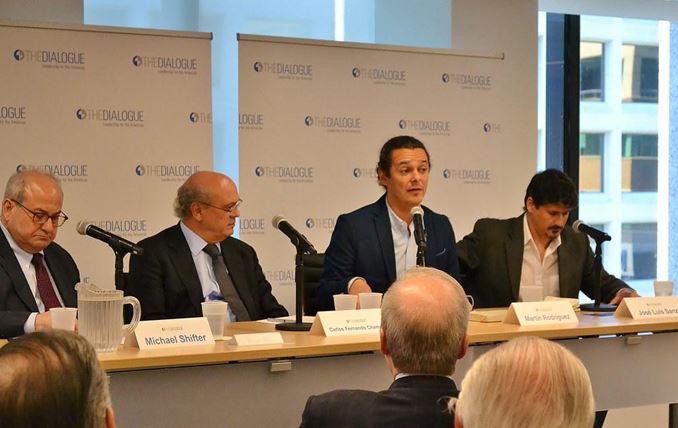The political and economic stability of a country is joined at the hip. It is often the case that countries with stable political systems enjoy a high level of economic development. That said, the kind of stability in question is a fluid concept and could shift overnight after years of stability.
Analyzing the effects of political stability on the economy is a complicated and multifaceted affair. The political economy, as some call it, involves policy, short and long-term planning, and multiple other real-time indicators.
Major economies like the USA have a more significant role in the global landscape. The decision by the Federal Reserve to raise interest rates in the past two rate reviews impact the global economy greatly. This disproportionate impact does not mean that events in developing countries don’t have an effect, either. The idea is to look at every development with the appropriate context and calculate the economic ripple effects.
The effect of politics on the markets
You have probably seen a news alert after an election in the US that stock markets are up or down a specific percentage. That is as literal an example as there is of the effect of politics on financial markets and the economy. There are several instances in any trading week or month of financial markets responding to policy and political developments.
Even with rapid response, some effects take time to become evident. Depending on daily changes can be misleading as to the true effect of policy on the economy. There is also an undeniable effect of the economy on the electorate.
The financial crash of 2008 made then-Senator Barack Obama an overwhelming favorite for the presidency even though he had a solid campaign until then. Part of the reason why Donald Trump was so popular in the midwest was the lingering effect of the last financial crisis. Therefore, these two factors are interdependent and go as far back as the dawn of organized political systems.
Political instability on the international scene is an all-too-real threat. The Russia-Ukraine conflict since February 2022 has impacted inflation and food supply internationally. Similarly, geopolitical tensions in the gulf region impact the oil markets, with countries like Saudi Arabia showing different signals on increasing supply. Such political instability is very significant for the world economy. Traders, even in very stable countries like Canada, can feel the effects of such distant instability on their fortunes.
Stock markets Vs. Fixed income markets
Stock markets display the most reactionary effect to policy changes. Oftentimes, stock markets may not capture trends in the broader economy as they reflect the performance of leading corporations for the most part. For instance, during the Covid Pandemic peak in 2020, the broader economy contracted while some stock indices heavily weighted toward leading tech companies broke records.
Therefore, political instability can display short-term effects on stock markets. The outcome will be prolonged if there is a direct effect on the bottom line of trading companies. For instance, deregulation and lowering taxes can provide a boom for companies immediately but may have long-term mixed results on the broader economy.
Fixed-income markets are slightly different. The most prominent example is government bonds. These investments have lower risk than stocks and may not be as adversely affected by policy changes or political instability. That said, fixed-income investments can also have lower returns if inflation rises significantly during the tenure of the investment.
To wrap it up
Understanding the political economy is vital for anyone active in the investment scene. A country like the US may not have the absolute chaos a civil war or nationalization of corporations brings but policy changes still have a massive effect on the markets and broader economy.
Even then, getting to grips with international geopolitical trends provides insight into their effect on the global economy, such as oil market supply and demand trends. Therefore, there is great value in understanding the political economy both on a historical and real-time basis.

